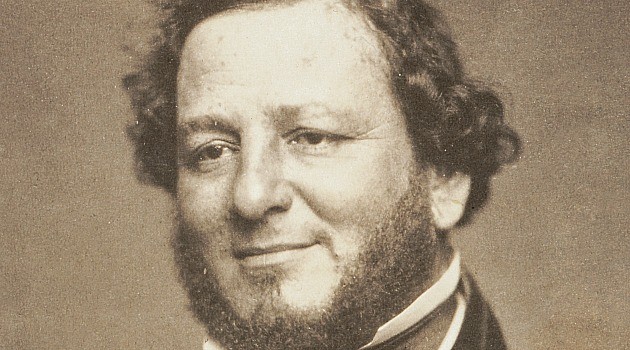
It was 1987, and my 13-year-old interaction with mainstream news and entertainment media was a martial one. I felt it as a daily pain, the way each and every criminalizing descriptor peeled back my dignity to the raw shame of being found perpetually guilty.





















